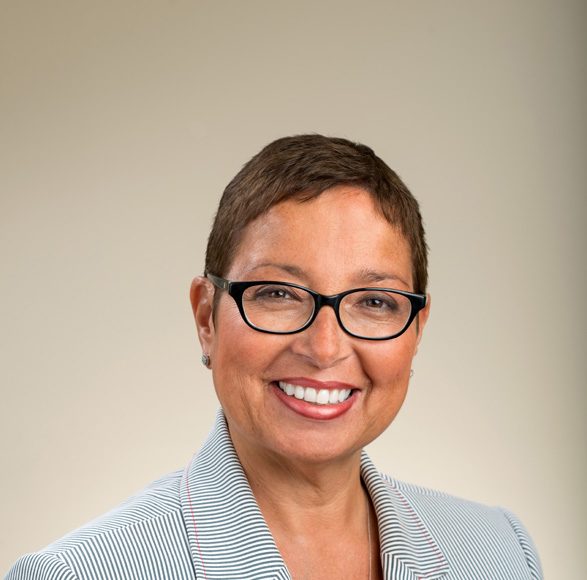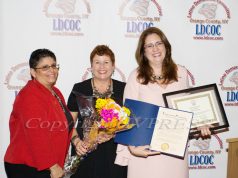By Rebecca Polanco
Tompkins Mahopac Bank, Vice President, Business Development Officer for Westchester County and Putnam Valley
Who do you trust? Your family? Your friends? Probably. What about your banker? For Latino small business owners, securing funding from a financial institution begins with trust.
It could be argued that having a trusted banker is important to all business owners. But for many Latino and other minority owners, the issue is crucial. Consider findings from the Minority Business Development Agency (MBDA) that stateminority-owned firms are less likely to receive loans than those owned by non-minorities, regardless of the firm’s size. And when financing does come through, it’s for less money and at a higher interest rate than it is for other businesses.
That’s unsettling. Minority-owned businesses, after all, have been shown to create jobs on a consistent basis, per the MBDA, including during economically difficult times. They also pay at comparative levels to non-minority-owned operations.
So, why the disparity in financing for minority-owned businesses? Loans are issued on the basis of a business owner’s ability to pay it back. Are minority business owners less able to satisfy their loans? That hasn’t been my experience. I have several Latino clients that own small businesses and they’re all on target with their payments.
Frankly, when it comes to the terms of a small business loan, what matters isn’t the borrower’s ethnicity, but his ability to satisfythe loan. Higher rates are used for riskier loans, where a borrower’scredit rating, cash flow and other criteria fall outside standard underwriting parameters, regardless of the business owner’s ethnicity.
Regardless, trust remains a top issue for minority business owners in their dealings with banks. One of the best ways to get it is for bankers to speakthe business owner’s language—yes, literally—and demonstrate an understanding of the person’s ethnic culture. Bankers that can do both open the way for a trusting relationship, which could be mutually beneficial to both parties, with the business owner securing funds for his company and the banker earning the borrower’s business.
Banking professionals that are vested in their local community and intimately aware of its business culture, also can build on a borrower’s trust by showing an understanding of the environment where the small business owner runs his operation and the influences that affect it. If the borrower doesn’t know who his banker is, or senses that he lacks an appreciation of his situation, especially those of an ethnic nature, that professional will be hard to trust.
Also important to minority business owners is getting a personalized level of attention, which is another way to foster trust. This goes back to understanding the local economic, social and political climate that surrounds the business owner but then, goes even deeper. Talking with the business owner about specifics of his situation, not only deepens their relationship, but also lets the borrower know that his lender is invested in finding the best solution for him and his business.
Minority small business owners also can help themselves through available programs, which can strengthen their position, while letting bankers know their borrower is doing what he can to maximize his situation, potentially cultivating good faith. For instance, the New York State Department of Economic Development’s Bridge to Success (NYSDED) loan program works with state-certified minority- and women-owned firms (MWBEs) to provide short-term loans to qualified MWBEs involved in contracting work with the state. With the NYSDED securing the loan for the minority business owner, it’s a win/win for the bank and borrower.
Some banks provide in-house programs to heighten the awareness of our Latino Community, like Tompkins’ Latino Banking Initiative, along with informational seminars or workshops in their community that outline the small business loan process. Business associations, like SCORE, which provides free expert advice to new and existing small businesses, also can be helpful.
Minority small business owners should talk with other small business owners in their communityfor advice, especially those that share their ethnic background, and look at different banks and what they offer before selecting one.
Communities rely on small businessesto help drive their economy and provide needed goods and services. By working together, minority ownerswill have a better chance of keeping their business successful and contributing to the communities where they reside.
Cortlandt Manor resident Rebecca Polanco is Vice President, Business Development Officer for Westchester County and Putnam Valleyfor Tompkins Mahopac Bank, www.mahopacbank.com.
























